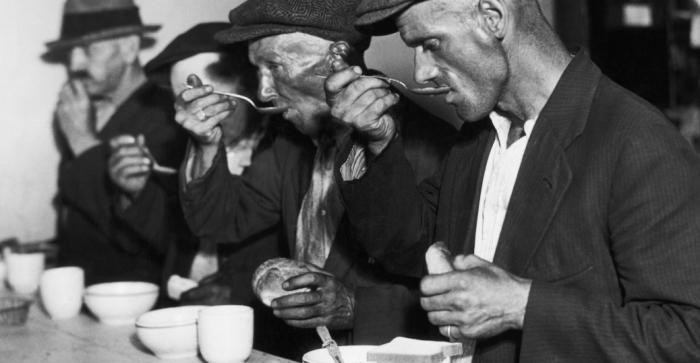On the first day back for term 3 in social studies, we have moved on to a new topic, "Holocaust". Our first task was to research the 'Great Depression' and answer several questions regarding the subject. The Great Depression was a global crisis that impacted several countries including, Germany, New Zealand, Austria. and many more. Overall, it changed how the economy worked since Wall Street crashed, leading to economic decline. Furthermore, we were also required to write our paragraphs by following the structure of a lawyer paragraph to answer the given questions. Each; containing around 6-8 sentences.
The Great Depression
______________________________________________________________________
Why was Germany hit the hardest during the depression? In 1929, the Wall Street Crash led to a global crisis, while Germany underwent more difficulties than any other country. As a result of the recall of US loans, which addressed its economic collapse. Producing outcomes such as a rise in unemployment and poverty. Which later concluded in a chain of events that ended in the destruction of German democracy. One of the most obvious consequences of this collapse was an enormous surge in unemployment; throughout the winter of 1929-30, the abundance of unemployment rose from 1.4 million to over 2 million. Furthermore, Germans started to succumb to their faith in democracy and attended utmost parties such as the communists and the Nazis for quick and simple solutions. Even after the five-year recovery, the German economy was not resilient enough to endure significant withdrawals of cash and capital. Hence the reason why Germany was hit the hardest during the great depression. Explain what Germany had to agree to by signing the Treaty of Versailles? The Treaty of Versailles is a peace document signed a the end of World War 1 by the Allied and associated powers and by Germany. The German government agreed to sign the Treaty of Versailles in June 1919 to obtain peace. However, the terms they had to follow were quite damaging to Germany. Such events are territory being taken from Germany, seizing valuable industrial and agricultural income from it too. According to article 231, the War Guilt Clause accused Germany and its allies of starting the war, leading to humiliation and anger. Furthermore, they had to pay the reparations of £6.6 billion, which resulted in the long unsuccessful recovery of their economy. Additionally, their armed forces were ultimately reduced. How was NZ affected by the depression? As the Great Depression began, the effects of the crash were not promptly apparent. However, during 1930 export prices started to decline, falling 45% by 1933. This was overwhelming as New Zealand was dependent on agricultural exports. Unemployment rates rose to 12% and, those who were able to save their jobs; usually found their wages cut by as much as 20%. A group of unemployed riots rocked Auckland, Wellington and Christchurch in the first six months of 1932. While the government tried to help those who are experiencing depression conditions through unemployment relief schemes, which required them to travel long distances for a small payment. Overall, this lasted for a total of 5 years.

Hello Vann,
ReplyDeleteI have enjoyed reading you blogpost. I love the amount detail and information that you have given. It shows your deep understanding of your topic. Another factor that I live about you post is the picture-- it shows how it affected many. Though, I had wished that you've had a background summary of "The Great Depression". Nonetheless I like and admire your work, keep it up.